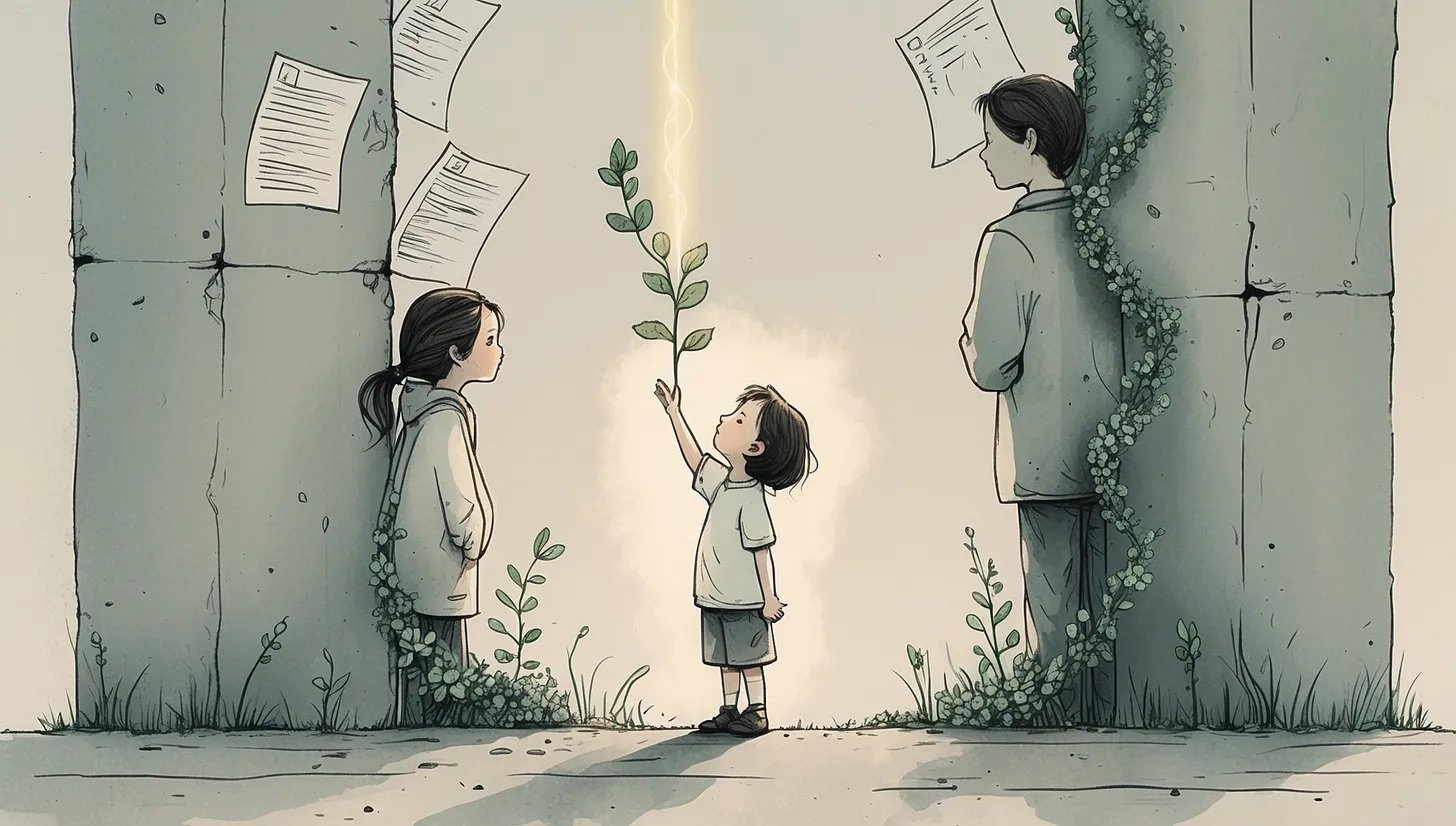The Rooster In Flight - A Substack Article
The Extinction of Empathy
And the quiet evolution of seeing
By: Wynand Johannes de Kock
April 16, 2025
The news story had appeared on my screen like so many others – a 10-year-old child with brain cancer, malignant cells where dreams should be, deported while her parents remained caught in the machinery of our immigration system. "She is legal. They are not." Three words. Just three. But, what terrible power they hold.
What do you do when the world gets a bit too much? You write. At least that's what I do. Poetry becomes my small act of resistance, my refusal to look away when everything in me wants to turn the channel, scroll past, pretend I didn't see. Perhaps it's futile – words against walls, metaphors against executive orders – but I'm not entirely certain I have anything else to offer.
The image of that child – separated from parents while facing a death sentence of a different kind – has been with me for days. It followed me as I walked Archie in the mornings and it followed me into dreams. It sat with me at breakfast, this ghost-child with cancer blooming where dreams should be. And all the while, the machinery of deportation moves slowly through its gears.
So this is for the little girl …
When civilisations die, it is not with thunder
but with executive orders. Empathy's slow execution,
the methodical deletion of the human face,
like watching ice caps melt through satellite feeds—
distant, inevitable, someone else's catastrophe.
We inhabited a garden once, not Eden
but something close: a space where glances carried weight,
where between stranger and stranger ran a current
like blood between chambers of the same heart.
Now we've built instead these concrete hierarchies,
these of existence and non-existence.
I saw yesterday the precision of our cruelty:
a child whose brain bloomed wrong, malignant cells
where dreams should be, and parents whose bodies
crossed invisible lines drawn in dust.
She is legal. They are not.
Three words that sever what should never be severed.
What terrible efficiency in our systems
that can parse a family into columns:
keep, discard, process, remove.
Interested in completing the article? Follow Wynand on Substack